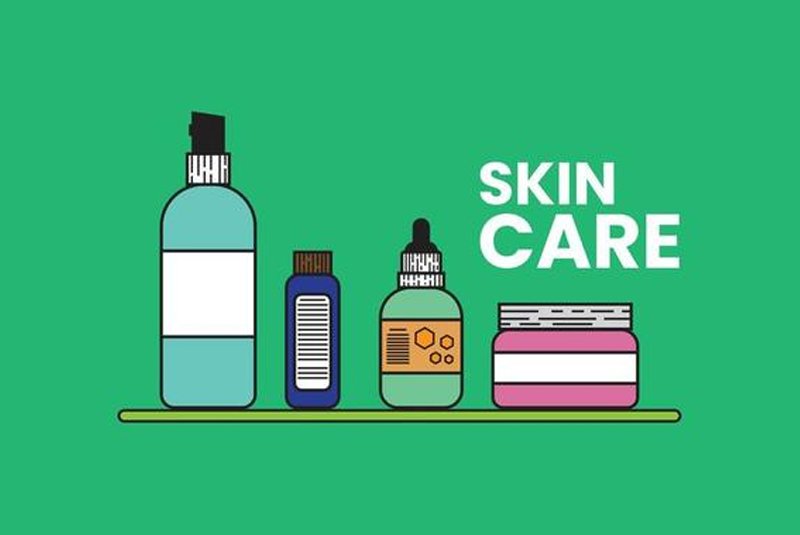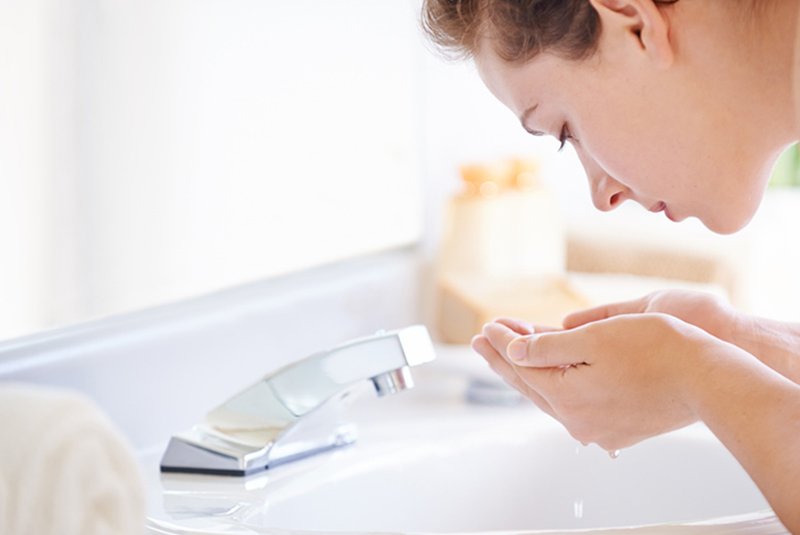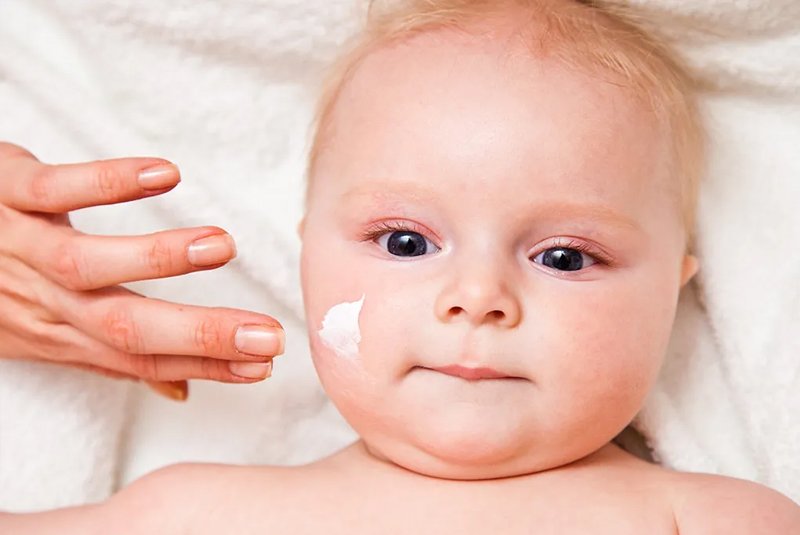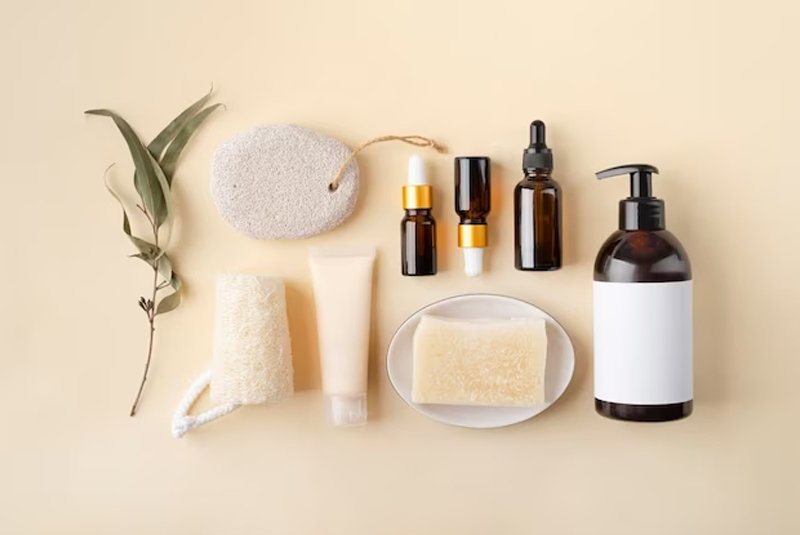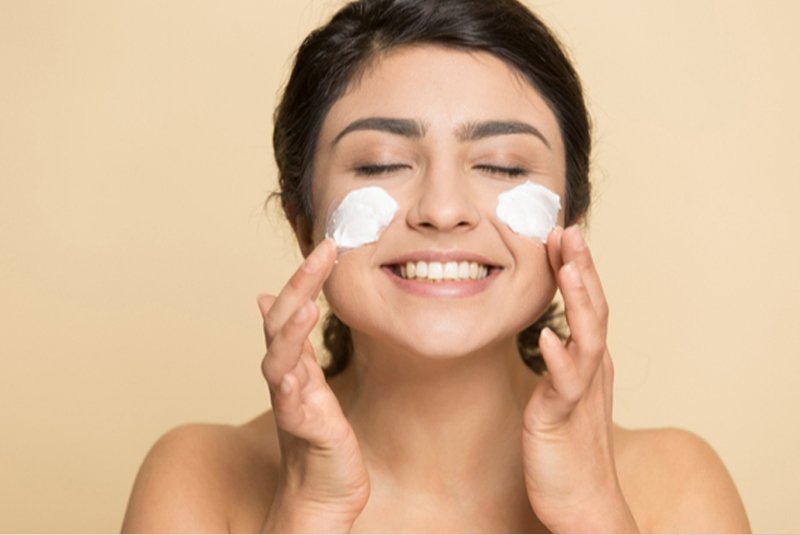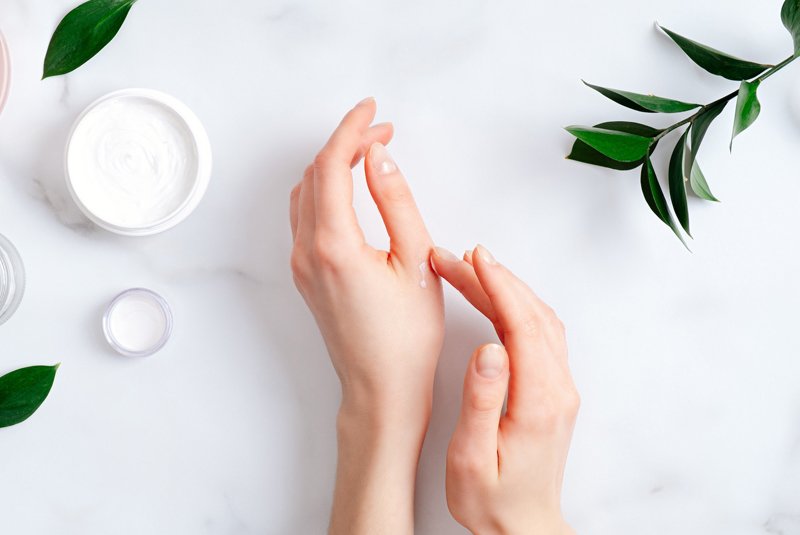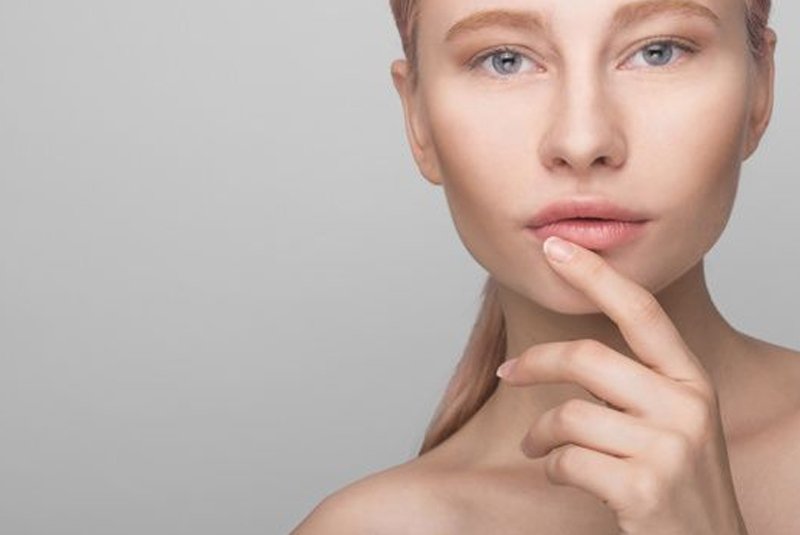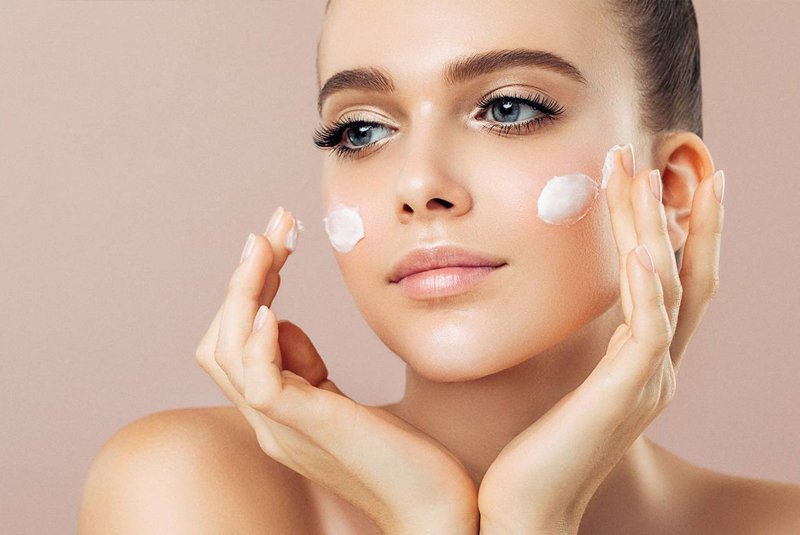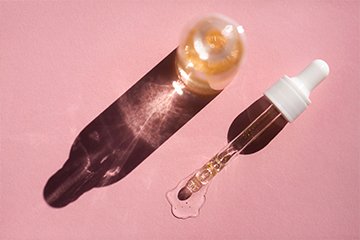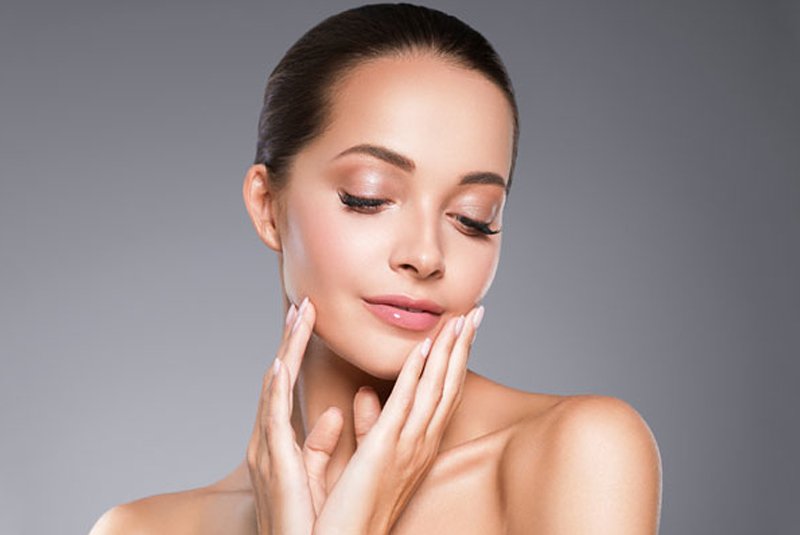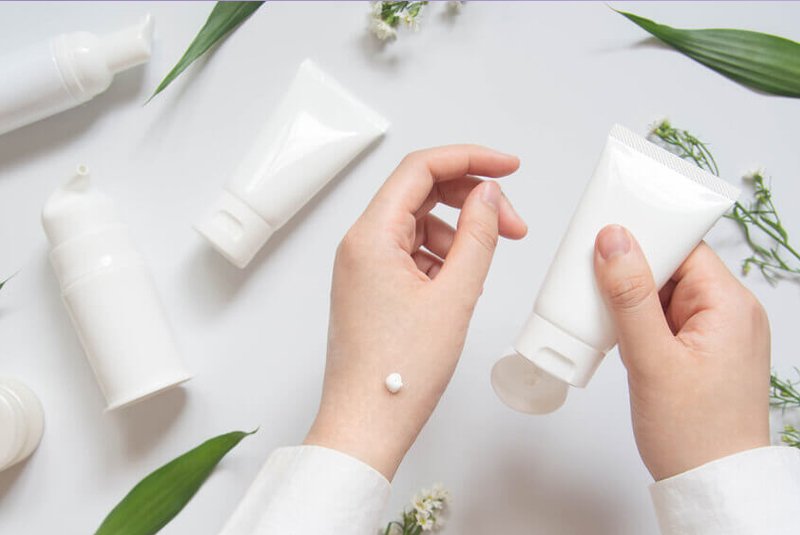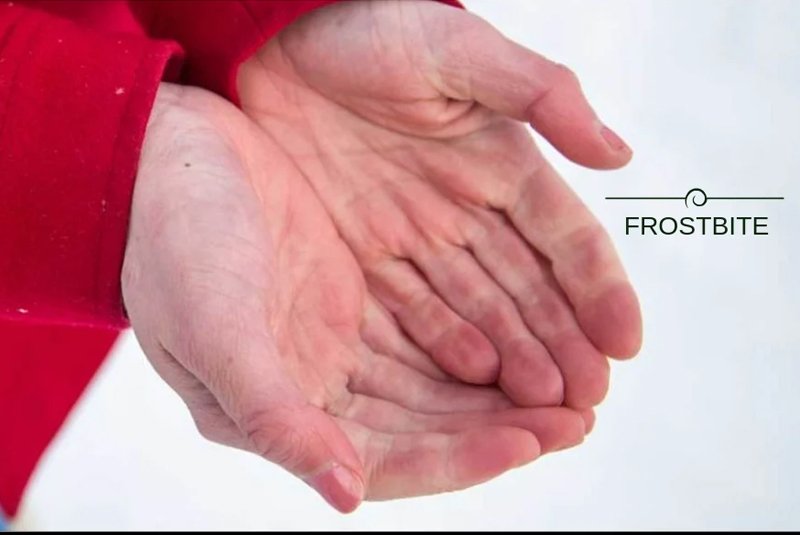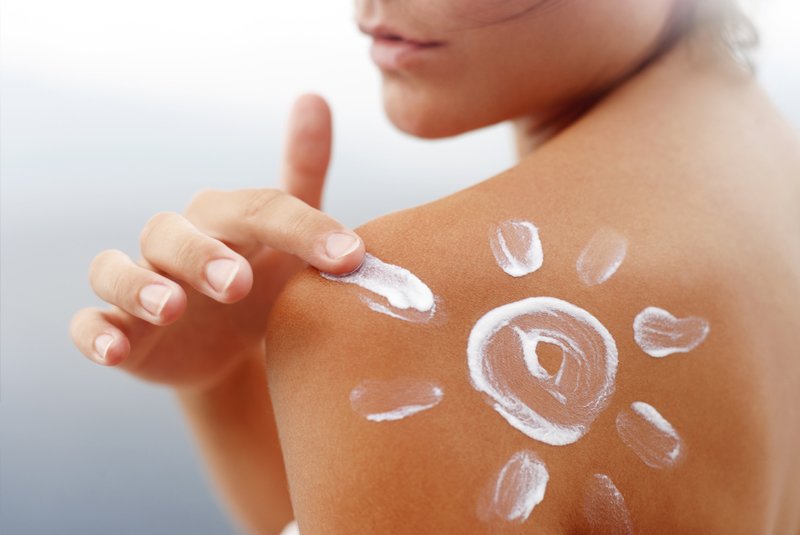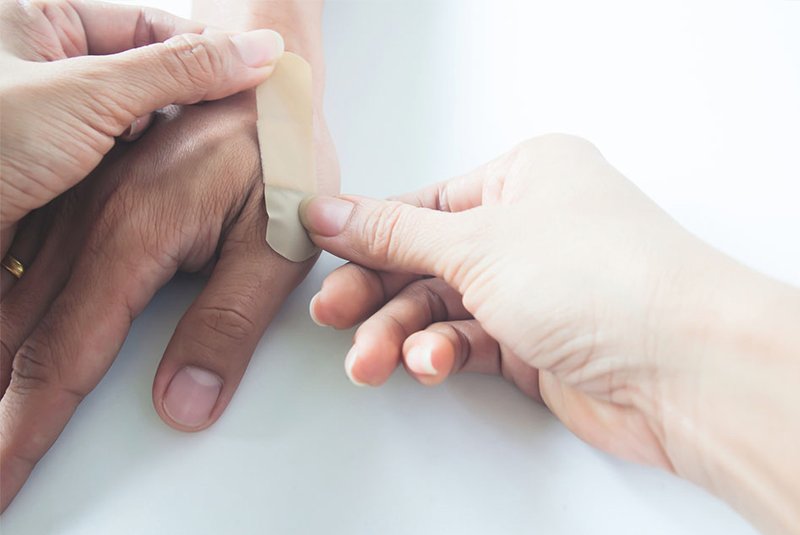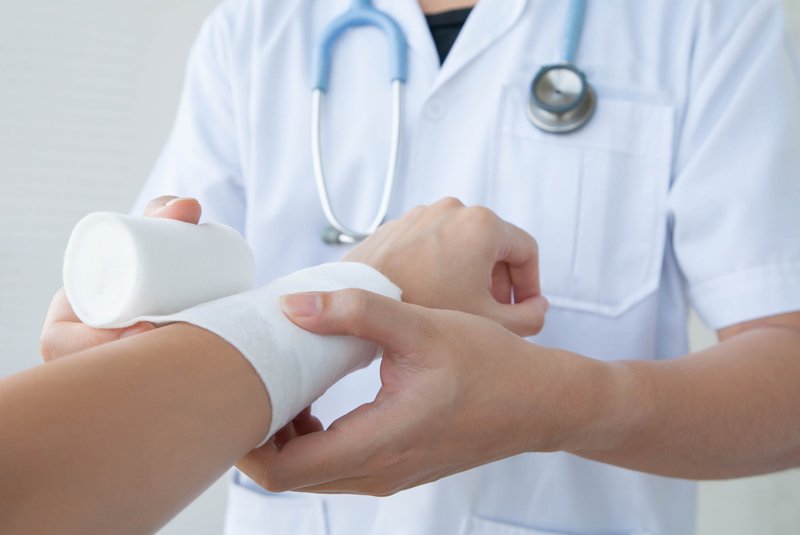Opening Hours : Saturday to Tuesday - 8am to 10pm
-
contact@hearthcarenutrition.com -
Call Now
+1 - (317) 745-3512
Skin Care
Effective Skin Care on a Budget
Discover professional dermatologist-approved strategies for maintaining healthy, radiant skin without breaking the bank. Learn about essential skincare steps, affordable product alternatives, and evidence-based routines that deliver real results for all skin types.
Professional Face Cleansing Techniques
Master the fundamentals of proper facial cleansing with expert dermatological guidance. Learn about skin-type specific cleansing methods, product selection, and techniques that preserve your skin's natural barrier while effectively removing impurities.
Safe Newborn Bathing Guidelines
Expert pediatric guidance for safely bathing your newborn. Learn proper techniques, water temperature guidelines, gentle products for sensitive infant skin, and step-by-step instructions to make bath time safe and enjoyable for both baby and parents.
Advanced Skin Care for Mature Skin
Comprehensive anti-aging skincare strategies for your 40s and 50s. Discover evidence-based treatments, professional-grade ingredients, and dermatologist-recommended routines to address fine lines, age spots, and maintain skin elasticity and radiance.
Complete Baby Skin, Hair & Nail Care
Comprehensive pediatric guidance for caring for your baby's delicate skin, hair, and nails. Learn about gentle products, proper techniques, common skin conditions, and when to consult healthcare professionals for optimal infant care.
Optimal Skincare Product Application Order
Master the science of skincare layering with dermatologist-approved application sequences. Learn how product order affects absorption, efficacy, and results, plus professional tips for maximizing your skincare routine's effectiveness.
Professional Dermatologist Skincare Secrets
Discover the evidence-based skincare strategies that dermatologists use personally. Learn about professional-grade ingredients, advanced techniques, and insider tips for achieving and maintaining healthy, radiant skin at any age.
Essential Hand Care & Protection
Professional guidance for maintaining healthy, youthful-looking hands. Learn about protective measures, moisturizing techniques, anti-aging treatments, and dermatologist-recommended products for comprehensive hand care and maintenance.
Skin care tips for men
Men have always kept things simple when it comes to skin maintenance. More men are chasing healthier, younger-looking skin than ever before, making it an excellent moment for men to assess their skin care regimen and learn more about how to care for their body's largest organ.
11 ways to reduce premature skin aging
Our skin ages due to a variety of factors. Some things we have no control over, while others we can influence. The natural ageing process is one thing we can't modify. It is really important. We all develop visible lines on our faces over time. Our faces naturally lose some of their youthful fullness as we age.
How to select anti-aging skin care products
Purchasing an anti-aging skin care product might be a hit-or-miss proposition. With so many options, deciding which things to buy might be challenging. These dermatologist shopping suggestions will help you feel more confident when you're out shopping.
Retinoid or retinol?
Retinoids and retinol are common ingredients in skin care products, but do you know the difference between the two and how to utilise them?
Wrinkle Remedies
Every day, apply sunscreen. Because the sun's rays can accelerate the effects of ageing, use a broad-spectrum sunscreen or face moisturiser with an SPF of at least 30. Apply sunscreen to any exposed skin that isn't covered by clothing.
How to test skin care products
It can be tough to decide which skin care products to use, especially with so many cleansers, moisturisers, and cosmetics on the market. While knowing your skin type might help you choose products that are tailored to your needs, it's still possible that you'll wind up with an irritant.
How to prevent and treat blisters
Blisters are commonly associated with our feet, although they can occur anywhere on the body where body parts rub together or scrape against clothing. Thankfully, blisters can be avoided by avoiding chafing. If you know you'll be doing a lot of walking, running, or other physical exercise, keep attention to your skin and take actions to prevent them from appearing.
How to prevent and treat frostbite
It's vital to protect your skin from cold-weather health dangers when the temperature drops below freezing. Frostbite is caused by prolonged exposure to cold temperatures, which causes the skin — and sometimes the tissue beneath the skin – to freeze. Frostbite can cause serious, perhaps permanent damage depending on how long and how frozen the tissue is.
How to treat sunburn?
If you don't protect your skin from the sun with sunscreen and clothing, it can burn. It's critical to start treating sunburn as soon as you see it to help repair and calm stinging skin. The first thing you should do is get out of the sun and into the shade, preferably inside.
How to treat minor cuts?
A cut with a sharp knife or a shard of glass is a typical occurrence. They frequently occur while people are cooking, dishwashing, or even creating. All it takes is a slip of the knife or a dish to break, and there's blood everywhere. While these types of cuts are frightening, the majority of them can be safely treated at home.
Proper wound care: How to minimize a scar?
When your skin is harmed, whether by accident or as a result of surgery, your body attempts to heal the wound. A scar may appear while your skin heals, as this is a normal part of the healing process.

